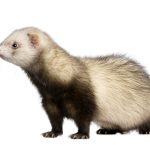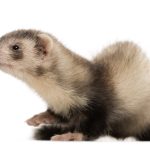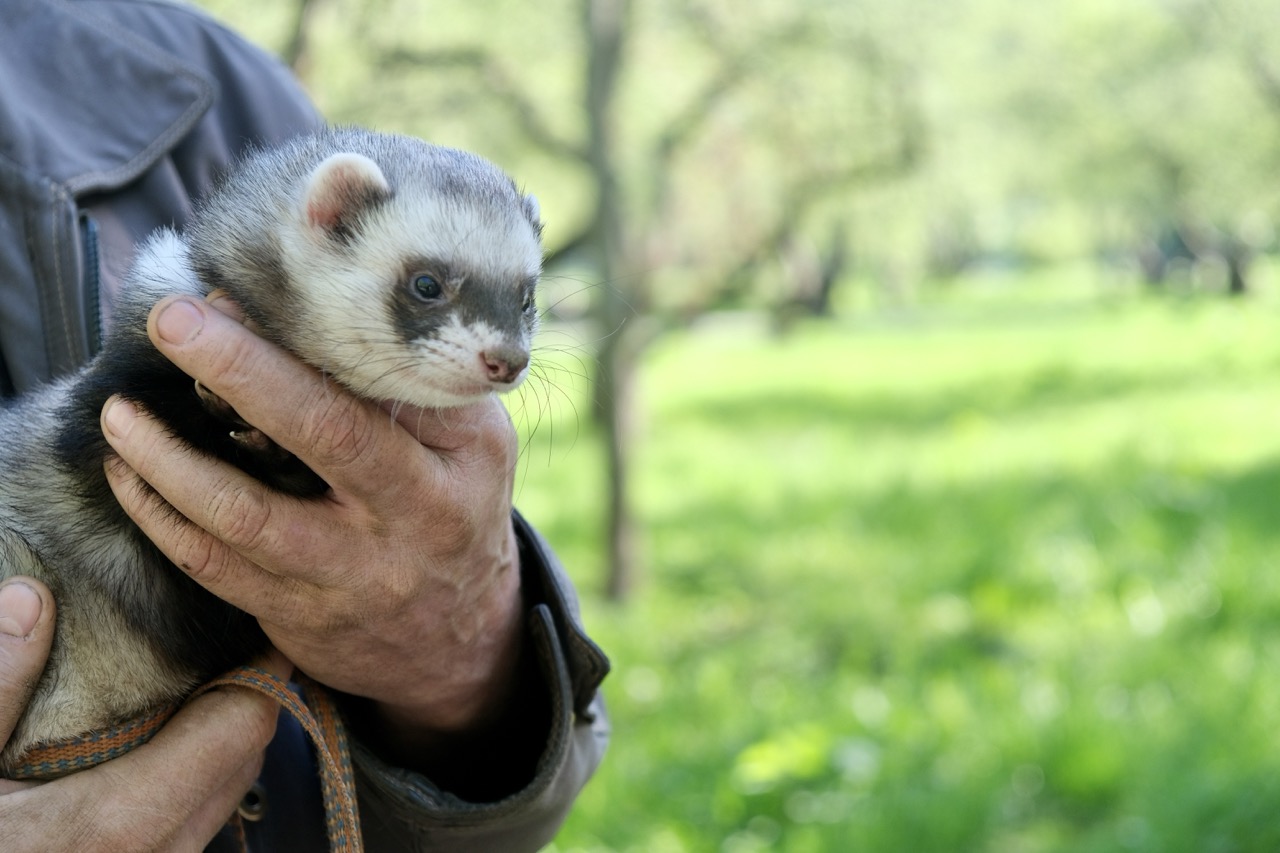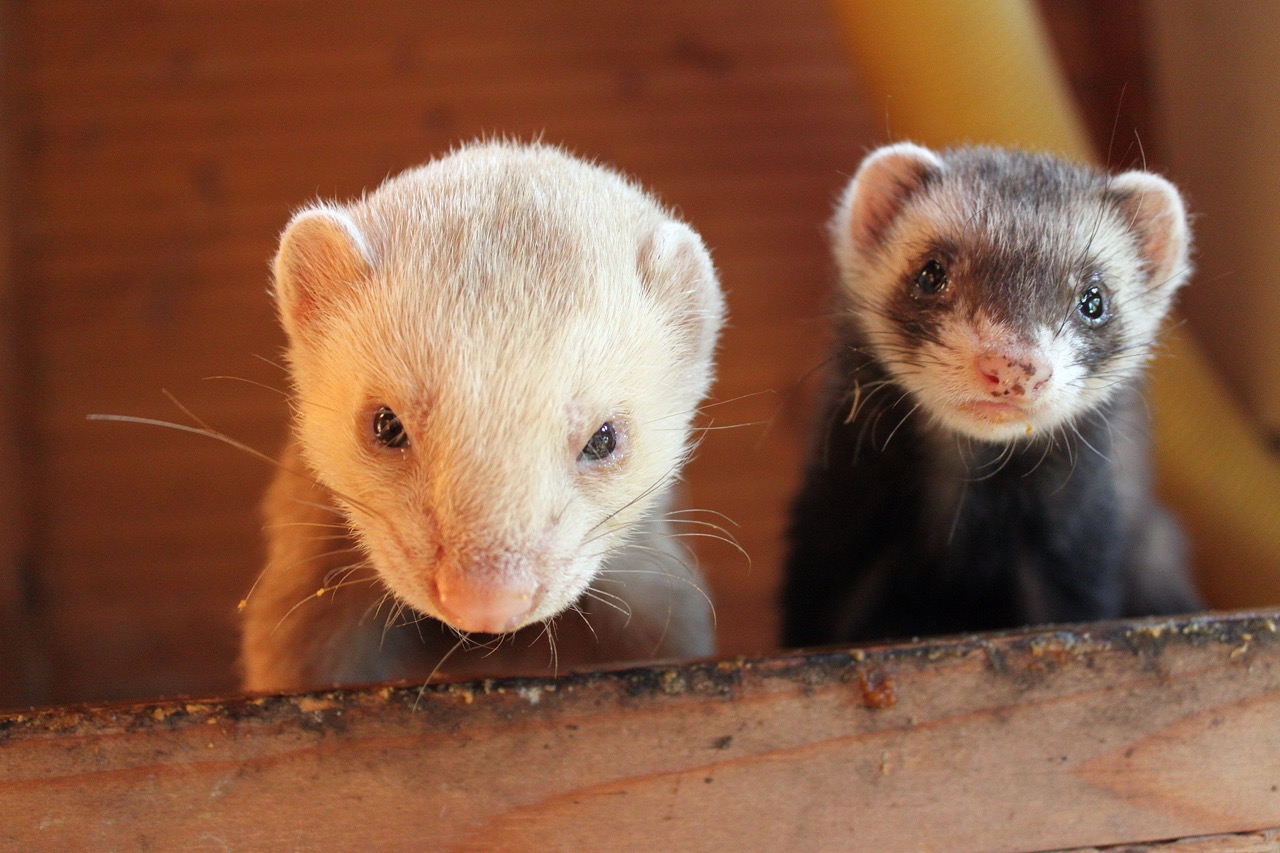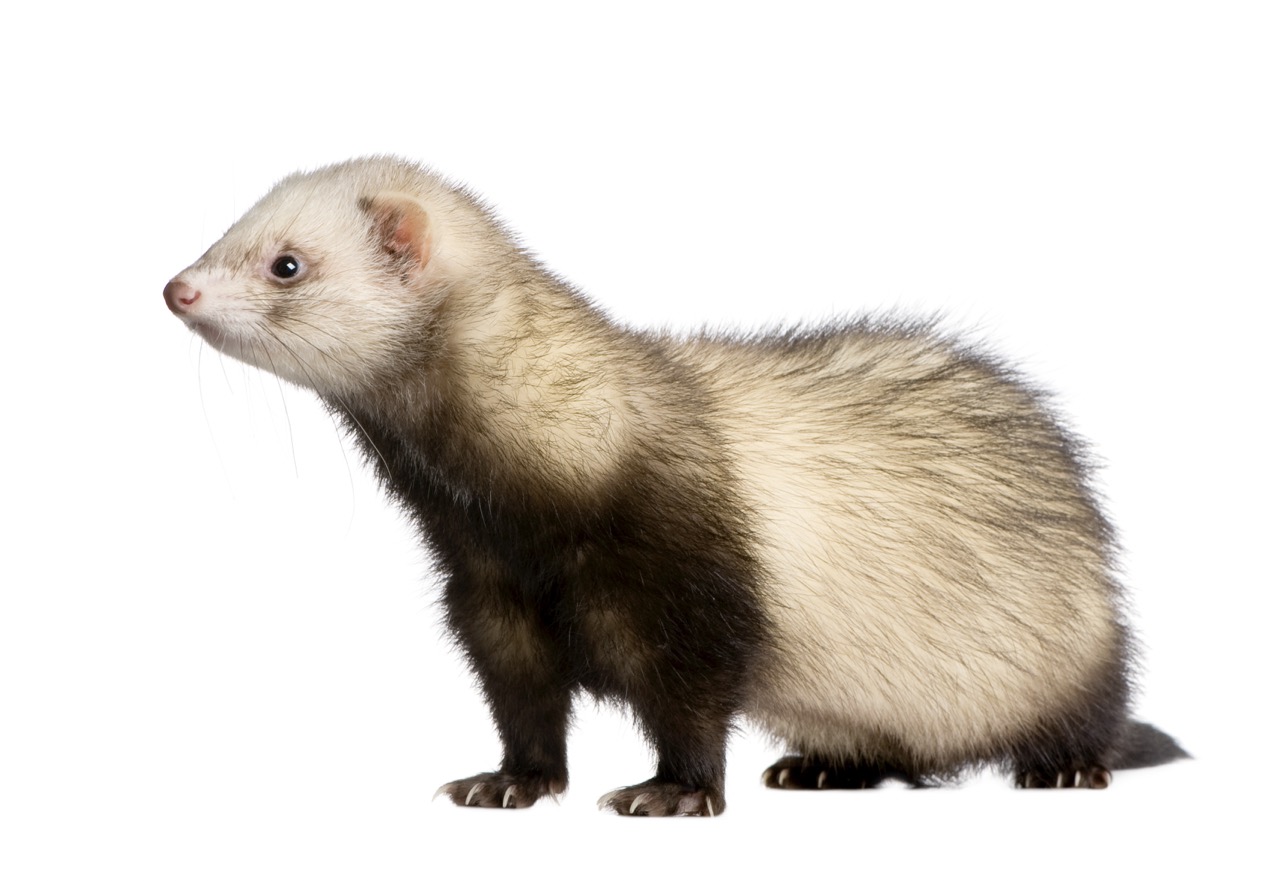Ferrets are unique and energetic animals that require a specialized diet to support their overall health and well-being. Unlike traditional pets such as dogs and cats, ferrets have specific nutritional needs that stem from their biological makeup as obligate carnivores. Understanding these dietary requirements is essential for any ferret owner seeking to provide the best care possible. This article delves into the impact of diet on ferret health, exploring essential dietary needs, the importance of protein, common deficiencies, and best feeding practices.
Understanding Ferret Nutrition: Essential Dietary Needs
Ferrets have a fast metabolism, which necessitates a high-protein and high-fat diet. Their digestive systems are designed to process animal-based proteins and fats efficiently. Unlike humans and some other pets, ferrets lack the ability to synthesize certain nutrients, making it crucial for their diet to include these essential components. A well-balanced ferret diet typically includes a variety of meat sources, such as chicken, turkey, and fish, along with small amounts of organs, which are vital for providing necessary vitamins and minerals.
In addition to protein, ferrets require a moderate amount of fat in their diet, which serves as a source of energy and supports healthy skin and coat. Carbohydrates should be minimized or avoided, as ferrets have difficulty digesting them. Instead, their primary source of nutrition should focus on high-quality commercial ferret foods or prepared raw diets that simulate what they would naturally consume in the wild. Understanding these basic dietary needs is the foundation for ensuring long-term health and vitality in ferrets.
Ferret nutrition can influence not only their physical health but also their behavioral patterns. A diet that meets their unique needs can lead to a more active, playful, and engaged pet. Conversely, a poor diet may contribute to lethargy and other health issues, highlighting the importance of understanding what constitutes a nutritionally sound ferret diet. Owners should strive to provide a well-rounded dietary plan that takes into account the specific requirements of ferrets.
The Role of Protein in Ferret Health and Development
Protein is the cornerstone of a ferret’s diet and plays a vital role in their growth, energy levels, and immune function. The amino acids found in protein are essential for building and repairing tissues, as well as producing hormones and enzymes necessary for various bodily functions. A high-quality protein source ensures that ferrets receive the appropriate nutrients to thrive. Animal proteins should make up the bulk of their diet, as they are more bioavailable and easier for ferrets to digest.
The type and quality of protein significantly impact a ferret’s overall health. Ferret owners should opt for high-protein kibble or raw diets that list meat as the primary ingredient. Low-quality foods that contain fillers or by-products can lead to malnutrition, weight gain, and development of chronic health issues. Regular monitoring of a ferret’s body condition and energy levels can help owners assess whether their protein intake is adequate and appropriate for their specific needs.
Furthermore, the age and activity level of a ferret can influence their protein requirements. Young, growing ferrets and highly active adults may need diets that are higher in protein to maintain optimal health. Conversely, older ferrets or those with limited mobility may require adjustments to their protein intake to prevent obesity and related health risks. Understanding these nuances can help ferret owners provide the right diet tailored to their pet’s life stage and lifestyle.
Common Dietary Deficiencies and Their Health Implications
Despite the availability of commercial ferret foods, many pets suffer from dietary deficiencies that can lead to serious health problems. One common deficiency is a lack of taurine, an amino acid critical for heart health, vision, and reproductive function. Insufficient taurine can lead to cardiomyopathy and other severe conditions. Ferret owners should ensure that their pet’s diet includes adequate levels of this vital nutrient to prevent such outcomes.
Additionally, deficiencies in vitamins and minerals, particularly vitamins A and D, can have detrimental effects on ferrets. A lack of vitamin A can lead to skin issues and impaired vision, while insufficient vitamin D can cause bone health problems, leading to conditions such as rickets. Ferrets are also susceptible to hypoglycemia due to their high metabolism; thus, a consistent and nutrient-dense diet is essential to maintain stable blood sugar levels.
Recognizing the symptoms of nutritional deficiencies early on is crucial for effective intervention. Symptoms can include lethargy, poor coat condition, weight loss, and digestive issues. Regular veterinary check-ups and consultations can help identify potential deficiencies and guide ferret owners in adjusting their pets’ diets accordingly to ensure they receive the essential nutrients they need for a healthy life.
Best Practices for Feeding Ferrets: A Nutritional Guide
To ensure optimal health and well-being, ferret owners should adhere to specific best practices for feeding their pets. First and foremost, providing a high-quality, species-appropriate diet is essential. Commercial ferret food formulated with a focus on animal protein and fat content is a great starting point. It’s vital to read labels carefully to avoid products containing fillers or low-quality ingredients that could compromise nutritional value.
Additionally, feeding ferrets multiple small meals throughout the day aligns with their natural eating habits. Due to their rapid metabolism, ferrets benefit from frequent feedings rather than one or two large meals. Owners should also provide constant access to fresh water, as hydration is crucial for digestion and overall health. Monitoring food intake and body condition can help owners identify any dietary issues early on.
Lastly, it’s important to remember that dietary changes should be introduced gradually. Sudden shifts in diet can lead to gastrointestinal upset and stress. If transitioning to a new type of food, mix it with the old food over a week to help ferrets adjust. Consulting with a veterinarian knowledgeable about ferret nutrition can provide valuable insights and recommendations tailored to individual pets, ensuring that they receive the best care possible.
In conclusion, the impact of a well-balanced diet on ferret health cannot be overstated. Providing a diet rich in high-quality protein and essential nutrients is vital for their growth, energy levels, and overall well-being. By understanding the specific dietary needs of ferrets, recognizing common deficiencies, and implementing best feeding practices, owners can significantly enhance their pets’ quality of life. Investing time and resources into proper nutrition is integral to ensuring that ferrets live long, healthy, and fulfilling lives.



